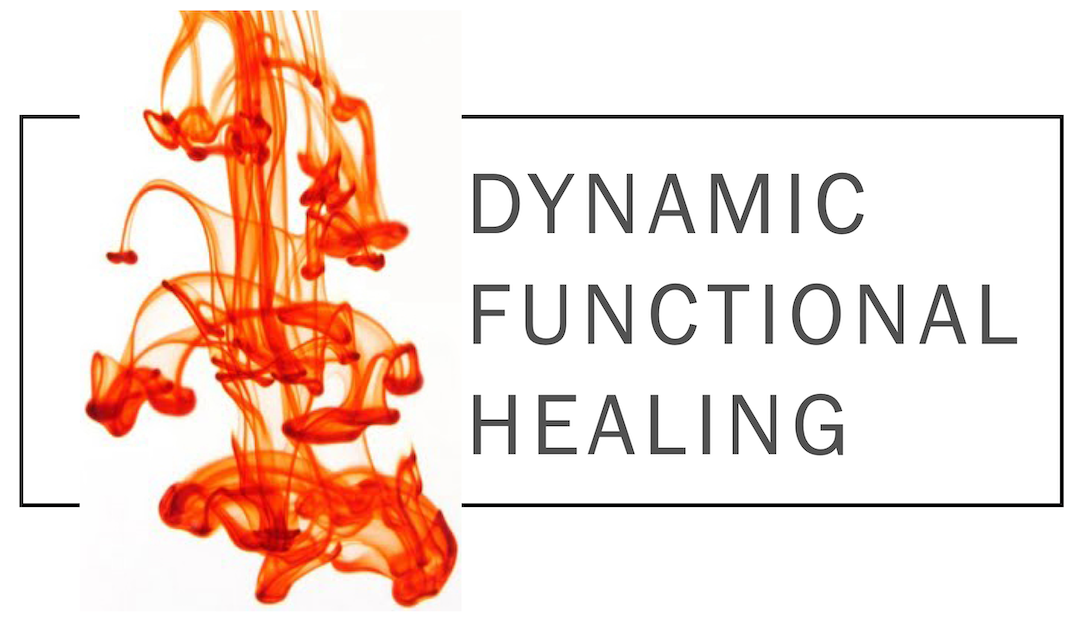Recipe for Cough Medicine 6
For cough suppression:
Fill a pint jar with 1/2 oz. cherry bark and 1/2 oz. licorice root, fill with boiling water and allow to steep for an hour. Add honey to taste.
Recipe for Cough Medicine 5
For cough with mucous—expectorant:
Combine 1 oz Coltsfoot leaves with 1/2 oz chopped licorice root to a pint jar. Cover with boiling water, cover and steep for one hour. You may add honey to taste.
Recipe for Cough Medicine 4
This one's for cough with sore throat/inflammation:
Cover an ounce of chopped marshmallow roots with a pint of cold water overnight. Add 2 Tbsp honey to each one cup. Sip throughout the day.
Recipe for Cough Medicine 3
For cough with some drainage (wet cough or slightly productive cough):
Bring four cups of water to a boil. Add a handful of almonds, one tangerine's peel and two pears cut up with the skin left on. Boil down to two cups and add two to three Tablespoons of honey. Drink once or twice a day.
Recipe for Cough Medicine 2
This one's for a cough that is dry, with sore throat and thirst:
Mix equal parts of fresh ginger, radish and pear juices. Add honey to taste. Take two to three times a day.
The Importance of Vitamin C
In my "Bladder & Pelvic Floor Health" class I always expound the importance of vitamin C because it is involved in so many metabolic processes, making appropriate levels essential to optimal health. How much is appropriate is debated but I generally recommend at least several thousand mg per day. In the past several years studies have shown that vitamin C intake is also important in preventing diseases of aging such as Alzheimer's, Parkinson's and atherosclerosis.
Much of the research has focused on the role of increased dietary nonheme (not derived from hemoglobin) iron intake and disturbed iron metabolism due to mutated genes. [1] Excess iron catalyzes the production of free radicals, plays a role in lipid peroxidation and can lead to deposition and neurodegeneration. Normally excesses pass through the digestive system. A leaky gut or a disruption in absorption may occur due to another pathogensis and allow the excess iron to pass into the bloodstream. This risk is much higher for people who have low vitamin C intake. Most of the excess dietary nonheme iron came from fortified cereals. [2] [3]
This begs the question of what levels of vitamin C these studies consider to be low. Various organizations recommend anywhere from 40mg/day to 100mg/day. [4] Most practitioners agree that these levels are enough maintain life, but not sufficient to maintain optimal functional health. It also highlights the importance of combining iron intake with that of vitamin C; vitamin C aids in the absorption of iron. Those foods high in nonheme iron (leafy greens and cruciferous veggies) are typically also high in vitamin C. Mother Nature knows. Cereal manufacturers, on the other hand, don't fortify with vitamin C.
Excess dietary copper has also been implicated in Alzheimer's. [5]
The pathogenesis of these diseases of aging is still unknown but one can conclude that taking mineral supplements is unnecessary (for well-fed Westerners) and possibly risky. Taking measures to keep your gut healthy (eating fermented foods, taking probiotics, following a gluten-free diet if you're diagnosed as celiac) may prevent a leaky gut from allowing over-absorption of minerals. A healthy lifestyle will protect against pathological genetic expression. And finally, the antioxidant vitamin C has been shown, many times over, to be protective against these diseases. Take much vitamin C.
Recipe for Cough Medicine 1
For all types of cough: Honey-Onion
Chop 5-6 white onions and place in double boiler. Add 1/2 cup honey and juice of one lemon. Cook at lowest heat possible for several hours, strain mixture and take by tablespoon every 1/2 hour as needed.
Ted Talk: The shocking truth about your health.
Sick preparedness plan
I have been absent from my blog in part because I'm ill--very ill. I'm prone to respiratory and sinus illnesses. When they hit me, they hit hard. Any variant on the theme of my head and lungs filling up with congestion can leave me depleted, in despair and dumb. When my sinuses are overabundant I have a hard time thinking, especially thinking about what to do about my overabundant sinuses. I would call someone, usually someone I know, crying about my ailments and they would ask me if I've done such and such or thus and that. I hadn't; it didn't even occur to me. These were exactly the things I would be suggesting to patients, but I couldn't think of them for myself, not with the bloated blight of my throbbing head.
I recognized this problem several years back and I actually sat down when I recovered from an illness and wrote out my sick preparedness plan. I listed all of the things that I could do for myself when ill. I brainstormed. Even the things that I probably wouldn't do, I listed. I think I only went back to it once, when I was ill the next time. But writing it all out embodied it in me in a way that I now have a better handle on treating myself. And if I need to, I can always pull out that list.
